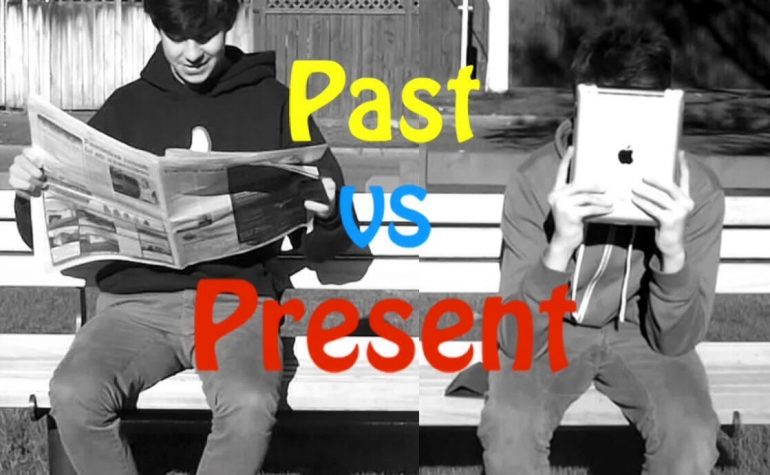Present Tense Negative
do + not + main verb
| Singular | Plural |
I do not ___ I don’t ___ | We do not ___ We don’t ___ |
You do not ___ You don’t ___ | You do not ___ You don’t ___ |
He does not ___ He doesn’t ____ | |
She does not ____ She doesn’t ____ | They do not ___ They don’t ___ |
It does not ___ It doesn’t ____ |
Listen and repeat:
Next: Watch this video
Past Tense Negative
did + not + main verb
Singular | Plural |
I did not ____ I didn’t _____ | We did not ____ We didn’t ____ |
You did not ____ You didn’t ____ | You did not ____ You didn’t ____ |
He did not ____ He didn’t _____ | |
She did not ____ She didn’t ____ | They did not ____ They didn’t ____ |
It did not ____ It didn’t ____ |
Listen and repeat:
Next: Watch this video
The verb “do” is a helping verb. We add it to the simple form of a verb to make questions and negatives in the present tense and the past tense. Examples: I don’t work on the weekend. (present tense negative). I didn’t work last weekend. (past tense negative) He doesn’t like to go to the store. (present tense negative) He didn’t like to go to the store when he was younger. (past tense negative). They don’t have any money. (present tense negative) They didn’t have any money last week. (past tense negative.) Note: “Do” is also used as a main verb for activities, such as housework, cleaning, studying, research, business, and shopping. Examples: I don’t do the dishes every night. I didn’t do the dishes last night. She doesn’t do her grocery shopping at Cub. She didn’t do her grocery shopping yesterday. They do not do their homework at the library. They didn’t do their homework last night. Their company doesn’t do business in Minnesota. They never didbusiness here. The past tense form of “do” is “did.” Did + not = didn’t Examples: I didn’t go to work yesterday. She didn’t take the bus to work. Separating the contraction creates emphasis. Examples: I did not want to do the dishes last night. I do not want to do them now! He does not have his license! He never did get it! Please, do not put that hot pan on the counter! Never put “did” + ____ing together. He He went to work last night. ( correct ) Avoid bad American grammar! She It He
|
Part A.
Part A.
Directions: Complete each question with the correct form of the auxiliary verb and the main verb in the present tense. (10 points)
1. _______ she ________her job? (like)
2. ______ they ________ anything for breakfast? (want)
3. Where _______ you _________ to school? (go)
4. What ______she ________ for a living? (do)
5. _______ I __________ a heavy coat today? (need)
6. When _______ they ________ their homework? (do)
7. ________ it __________ anything to ride the bus? (cost)
8. What time ______ you __________ dinner? (eat)
9. _______ the students _____________ the lesson? (understand)
10. How _________ this ____________? (work)
Part B.
Directions: Use only the verb “do” for the auxiliary verb and the main verb. (10 points)
1. ________she _______ the shopping on the weekend? (question)
2. They ________ ________ very much work. (negative)
3. What _______ you _________? (question)
4. Who __________ the dishes at your house? (question)
5. She ________ _______ any cleaning during the week. (negative)
6. When _______ we _________ our taxes? (question)
7. _________ his accountant__________ his taxes? (question)
8. I _________ __________ drugs. (negative)
9. She _________ ________ drugs either. (negative)
10. Why _________ he _______ that for you? (question – negative)
